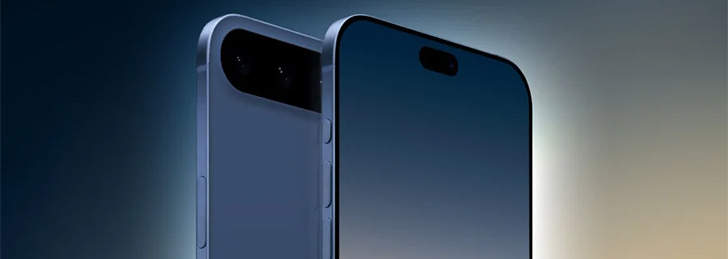The upcoming iPhone 16 series, while eagerly anticipated, may not meet the high expectations set by its predecessors, particularly in the realm of artificial intelligence (AI). Insiders suggest that the iPhone 16 might fall short in delivering the advanced AI capabilities that many users are hoping for. Despite the inclusion of the A18 Pro chipset, which is expected to enhance on-device AI processing, the iPhone 16 series may still struggle with memory constraints that could limit its AI performance. This is a significant concern for users who rely heavily on AI-driven features for their daily tasks, such as voice assistants, image recognition, and predictive text.
One of the primary reasons for this potential shortfall is the limited RAM in the iPhone 16 models. While there are rumors of an increase to 8GB of RAM, this may still not be sufficient to handle the more demanding AI workloads efficiently. The current AI capabilities in smartphones require substantial memory and processing power, and any limitations in these areas can significantly impact the user experience. This is particularly true for tasks that involve real-time data processing and machine learning algorithms, which are becoming increasingly common in modern applications.
Moreover, the iPhone 16 series is expected to continue using a significant amount of cloud-based processing for its AI features. This reliance on cloud computing can introduce latency and privacy concerns, as data must be transmitted to and from remote servers. In contrast, on-device AI processing, which minimizes the need for data to leave the device, offers faster response times and better privacy protections. However, achieving this requires more robust hardware capabilities than what the iPhone 16 is rumored to offer.
Given these potential limitations, some industry insiders are advising consumers to wait for the iPhone 17 series, which is expected to address these shortcomings more effectively. The iPhone 17 is rumored to feature even more advanced AI capabilities, supported by further increases in RAM and improvements in the chipset design. These enhancements could enable more sophisticated on-device AI processing, reducing the need for cloud-based solutions and offering a more seamless and secure user experience.
In addition to hardware improvements, the iPhone 17 series is also expected to introduce new AI-driven features that could revolutionize how users interact with their devices. These may include more advanced voice recognition, enhanced image processing, and improved predictive algorithms that can better anticipate user needs. Such features would not only enhance the functionality of the device but also provide a more intuitive and personalized user experience.
In conclusion, while the iPhone 16 series will undoubtedly bring some exciting new features and improvements, it may not fully meet the expectations for advanced AI capabilities. For users who prioritize cutting-edge AI performance, waiting for the iPhone 17 series might be the better option. The anticipated enhancements in hardware and AI features in the iPhone 17 could provide a more powerful and efficient platform for the next generation of AI-driven applications.




0 Comments